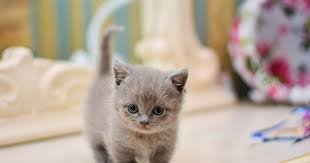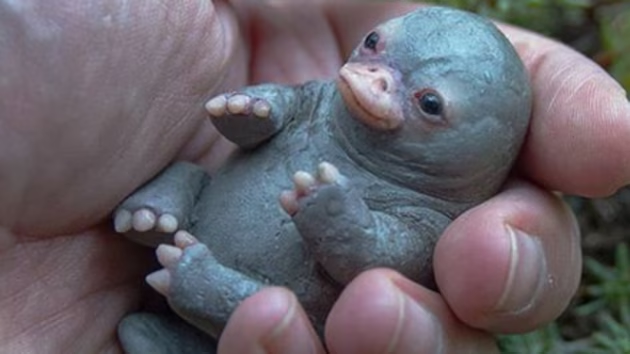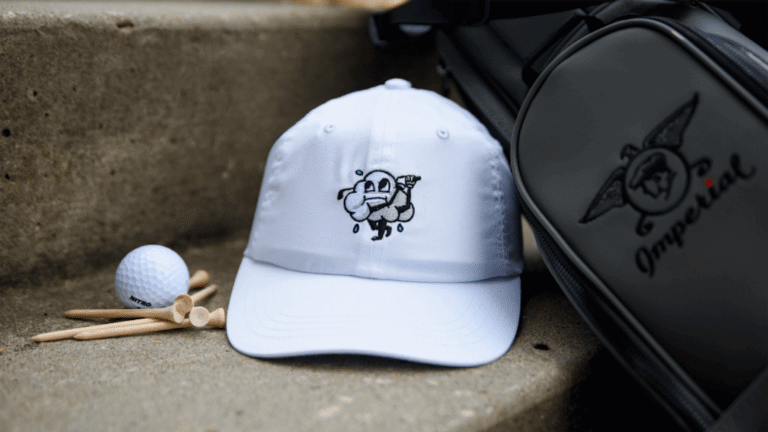
Munchkin Kittens
The world of cats is filled with fascinating breeds, each with unique characteristics and charms. Among these, Munchkin kittens stand out due to their distinctively short legs and playful personalities. Often described as the “dachshunds of the cat world,” Munchkin cats have captured the hearts of many feline enthusiasts around the globe.
This article explores the origins, physical traits, behavior, care, and everything else you need to know about these irresistibly cute kittens.
What Are Munchkin Kittens?
Munchkin cats are a breed recognized primarily for their short legs caused by a natural genetic mutation called achondroplasia, which affects bone growth. This mutation results in their characteristic short stature, but aside from their legs, Munchkins resemble typical domestic cats in every other way.
The breed first gained public attention in the early 1990s when a female cat named “Munchkin” was discovered in Louisiana, USA. This discovery sparked interest, and breeders began working to establish the Munchkin as a recognized breed.
Physical Characteristics of Munchkin Kittens
Munchkin kittens have the same body structure as other cats but with notably shorter legs. Their legs are proportionally shorter but their bodies remain long and muscular, allowing them to move quickly and jump surprisingly well despite their stature.
Their coat can come in a wide variety of colors and patterns including tabby, calico, solid, and more. The fur length also varies between short and long-haired varieties, the latter often referred to as Minskin or Napoleon cat.
Munchkin kittens typically weigh between 5 to 9 pounds as adults, making them a medium-sized breed with a playful appearance.
Personality and Temperament
One of the most endearing aspects of Munchkin kittens is their lively and affectionate nature. These cats are extremely playful, curious, and intelligent. Despite their short legs, they are quite active and enjoy chasing toys, climbing, and exploring their environment.
Munchkins are known to be social and friendly, often getting along well with other pets and children. They thrive on human interaction and tend to form strong bonds with their owners, making them excellent companions.
Their playful energy combined with affectionate behavior makes them ideal for families or individuals looking for an engaging feline friend.
Health Considerations
Since the short legs of Munchkin cats are due to a genetic mutation, some concerns have been raised about potential health problems. However, reputable breeders ensure responsible breeding practices to minimize risks.
The main health concern involves the possibility of lordosis (curvature of the spine) and pectus excavatum (a deformity of the chest), though these conditions are relatively rare in well-bred Munchkins.
Regular veterinary check-ups, a healthy diet, and proper exercise are key to keeping Munchkin kittens healthy and happy.
For more detailed information, check out health advice for Munchkin cats.
Caring for Your Munchkin Kitten
Caring for a Munchkin kitten involves typical cat care routines, with a few specific considerations due to their unique body structure.
Grooming depends on coat length. Short-haired Munchkins require minimal grooming, just regular brushing to remove loose hair. Long-haired Munchkins or related varieties like Minskins need more frequent brushing to avoid tangles and mats.
Because of their shorter legs, it’s important to provide safe and accessible spaces for them to climb and play without risking injury. Avoid very high jumps or unstable surfaces.
Feeding a balanced diet rich in essential nutrients supports their bone health and overall wellbeing. Always consult your vet for diet recommendations tailored to your cat’s needs.
The Munchkin Kitten’s Social Life and Behavior
Munchkin kittens tend to be very outgoing and interactive. They enjoy playing fetch, learning tricks, and often show dog-like behaviors such as following their owners around the house.
They are known for their curious and confident personalities, often investigating new objects and environments fearlessly. This makes them great for families who want a lively and engaging pet.
Socialization from a young age helps Munchkins develop well-rounded behaviors and prevents shyness or aggression.
Munchkin Kittens in Popular Culture
Munchkin cats have gained fame on social media platforms and cat shows for their adorable looks and quirky charm. Their unique short legs often evoke an “aww” response from cat lovers everywhere.
Despite some controversy around the ethics of breeding for such traits, many advocates emphasize the breed’s healthy and happy nature when responsibly bred.
For enthusiasts, owning a Munchkin kitten means having a truly unique pet that stands out from the crowd.
Frequently Asked Questions About Munchkin Kittens
Are Munchkin cats healthy despite their short legs?
Yes, with responsible breeding and proper care, Munchkin cats live healthy lives comparable to other breeds.
Can Munchkin kittens jump and climb like other cats?
They can, but their jumping ability is somewhat reduced compared to average cats due to their short legs.
Do Munchkin kittens require special diets?
No special diets are required, but balanced nutrition to support bone health is recommended.
Are Munchkin kittens hypoallergenic?
No breed is completely hypoallergenic, and Munchkins produce typical cat allergens.
Conclusion
Munchkin kittens are one of the most fascinating and adorable cat breeds available today. Their unique short legs combined with a playful, loving personality make them a favorite among many cat lovers. While they require some special care considerations, their health and happiness are very manageable with responsible ownership.
If you’re looking for a lively, affectionate, and truly one-of-a-kind feline companion, a Munchkin kitten might be the perfect choice.





